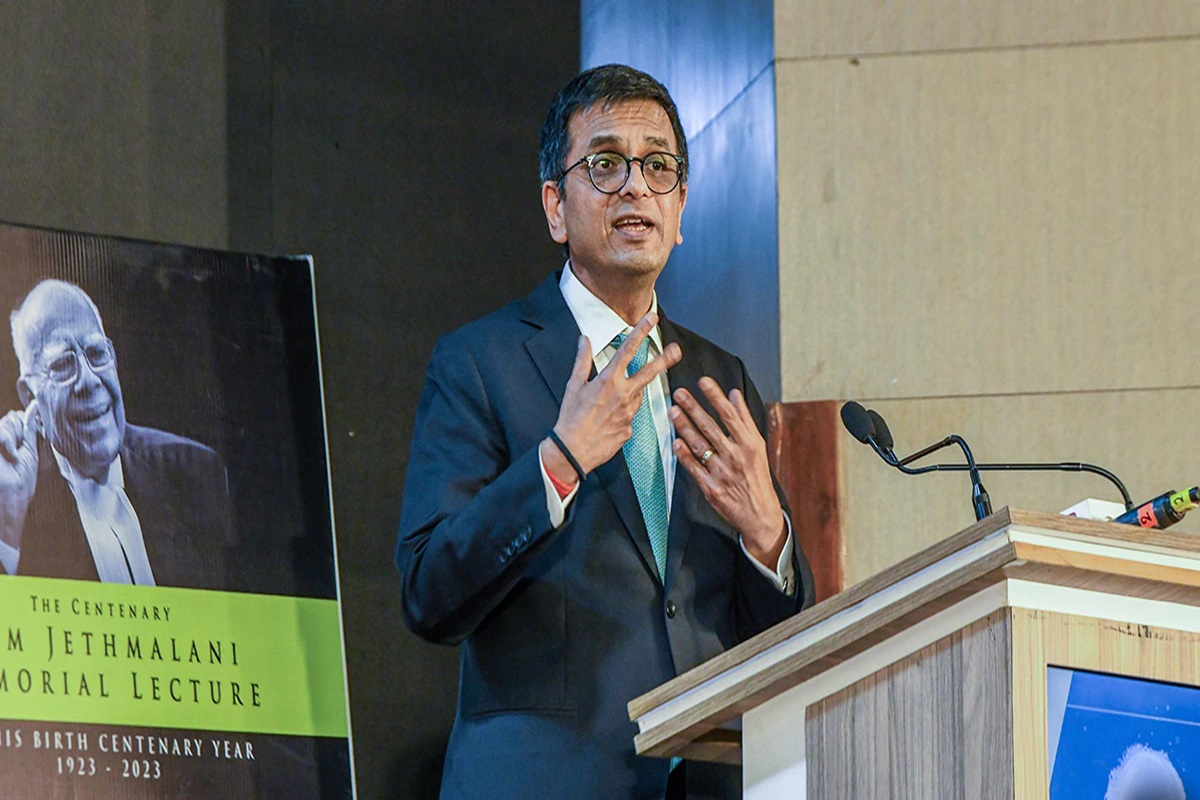Chief Justice of India DY Chandrachud announced on Friday that the appointment of judges would undergo a transformation towards being transparent. During the Ram Jethmalani memorial lecture, he disclosed plans to establish objective parameters for appointing judges to high courts and the Supreme Court.
Chandrachud revealed that the Collegium, responsible for these appointments, has initiated a comprehensive platform. They have evaluated 50 judges as potential candidates for elevation to the Supreme Court.
Advertisement
Addressing concerns that the Collegium lacks factual data to assess candidates, Chandrachud highlighted the existence of a “Centre for Research and Planning,” headed by an officer from the Haryana judicial services.
He emphasized that this center is actively developing an expansive framework for evaluating the country’s top judges eligible for appointments. Chandrachud stated, “Our aim is to lay down objective parameters for selection of judges for SC, HCs.”
The Centre for Planning and Research has commenced work on establishing a comprehensive framework to evaluate the country’s leading judges eligible for these appointments. Chandrachud himself advocates for a transparent system.
Chandarchud further disclosed plans to create a dossier with objective criteria for high court and Supreme Court appointments, involving an assessment of the top 50 judges in the nation for potential roles in the top court.
Previously, the Supreme Court Collegium faced criticism for operating a perceived “closed-door system” where “judges appoint judges,” lacking the desired transparency and accountability.
The Supreme Court has also partnered with the National Judicial Data Grid to enhance real-time tracking of case disposal and pending cases, according to Chandrachud.









